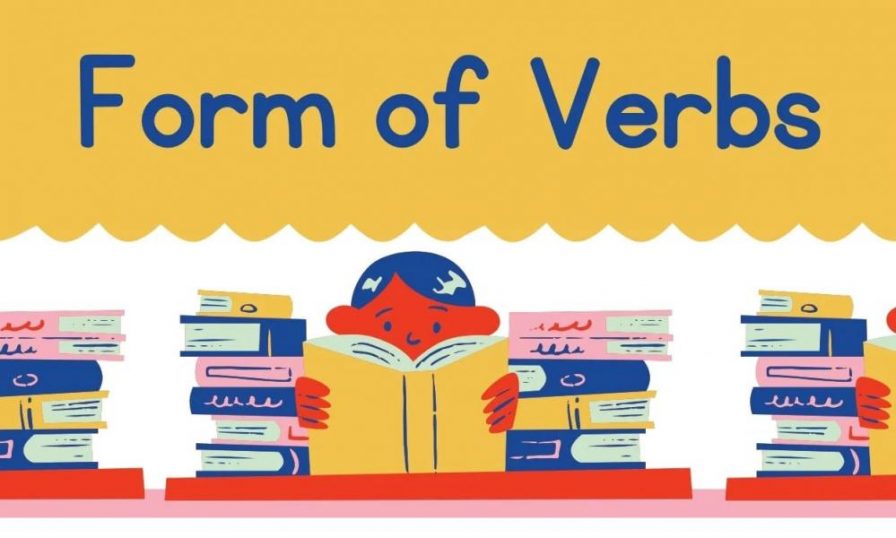Aksharam Education
The Usage of Base Form of Verbs
വാക്കുകളുടെ മുന്നിലും പിന്നിലും അർഥവ്യത്യാസം വരുത്തുന്നതിനു വേണ്ടി കൂട്ടിച്ചേർക്കലുകൾ നടത്തുന്നു. മുന്നിൽ കൂട്ടിച്ചേർക്കുന്നതിനെ Prefixation എന്നും പിന്നിൽ കൂട്ടിച്ചേർക്കുന്നതിനെ suffixation എന്നും പറയുന്നു.

“പിറന്ന പടി’ എന്നൊരു പ്രയോഗമുണ്ട് മലയാളത്തിൽ. ഒരു കുഞ്ഞു ജനിക്കുമ്പോൾ ആ കുഞ്ഞിന്റെ ശരീരത്തിൽ വസ്ത്രങ്ങളോ പൗഡറോ മാലയോ ഷൂസോ കൺമഷിയോ ഒന്നുമില്ല. അതെല്ലാം ആവശ്യാനുസരണം പിന്നീട് അണിയിക്കുന്നതാണ്.
അതുപോലെ യാതൊരു കൂട്ടിച്ചേർക്കലുകളും നടത്തിയിട്ടില്ലാത്ത ക്രിയാപദങ്ങളുടെ (verbs ) പേരാണ് base form of the verbs. കൂട്ടിച്ചേർക്കൽ നടത്തുന്നതിനെ Affixation എന്ന് പറയുന്നു. വാക്കുകളുടെ മുന്നിലും പിന്നിലും അർഥവ്യത്യാസം വരുത്തുന്നതിനു വേണ്ടി കൂട്ടിച്ചേർക്കലുകൾ നടത്തുന്നു. മുന്നിൽ കൂട്ടിച്ചേർക്കുന്നതിനെ Prefixation എന്നും പിന്നിൽ കൂട്ടിച്ചേർക്കുന്നതിനെ suffixation എന്നും പറയുന്നു.
Eg.
Base verb – charge
Prefixation – discharge
Suffixation – charged, charging, charges
Prefixation and suffixation
Discharging
യാതൊരു Affixation നും നടത്തിയിട്ടില്ലാത്ത default അവസ്ഥയിൽ എന്നതാണ് base form അഥവാ root form എന്നതുകൊണ്ട് ഉദ്ദേശിക്കുന്നത്.
The base form of a verb is its simple, root form, without any endings like -s, -ed, or -ing.
Examples: go, play, eat, write, read, come, sing, see.
Base form എവിടെ ഉപയോഗിക്കണമെന്ന് മനസ്സിലാക്കുന്നത് വ്യാകരണ തെറ്റുകൾ ഒഴിവാക്കാനും ശരിയായി സംസാരിക്കാനും സഹായിക്കുന്നു. ഇംഗ്ലീഷ് പരീക്ഷകളിൽ എല്ലാ ക്ലാസ്സുകളിലും base form of verbs ഉപയോഗിക്കുന്നതുമായി ബന്ധപ്പെട്ട ഗ്രാമർ ചോദ്യങ്ങൾ ഉൾപ്പെട്ടിട്ടുണ്ട്. എവിടെയൊക്കെയാണ് base form of verbs ഉപയോഗിക്കേണ്ടത് എന്ന് നോക്കാം
1 After “do’, “does’, and “did’
When we make questions or negative sentences with do, does, or did, the main verb stays in its base form.
Do you play football?
He doesn’t like milk.
Did you meet your friend
yesterday?
Did you met him? (wrong)
2 After Modal auxiliary verbs
After can, could, may, might, will, would, shall, should, must, and ought to, we use only the base form.
You can go now.
He will come tomorrow.
We must work hard.
You should study well.
(Never say ‘He can goes’ or ‘She will comes.’)
3 After “Let’, “Make’, and “Help
After these causative verbs, we usually use the base form.
Let him go.
They made me laugh.
She helped me (to) clean the room.
‘Help’ can take the base form with or without ‘to’.
4 In Imperative Sentences
Commands, requests, and instructions use the base form.
Open your book.
Please sit down.
Don’t talk in class.
(The subject ‘you’ is understood.)
5 In Present Simple Tense (with I / You / We / They and plural subjects)
With plural subjects and ‘I’ or ‘you’, we use the base form.
I play football.
They read well.
You speak politely.
Cows eat grass
(But: ‘He plays football.’ – add -s for singular third person.)
6 In the Subjunctive Mood
In formal English, after verbs like suggest, insist, recommend, demand, or after expressions like It is important that…, we use the base form.
The teacher suggested that he
study more.
It is important that she be punctual.
They demanded that he pay the
fine.
7 After “Had Better’ and “Would Rather / Would Prefer’
These expressions are followed by the base form.
You had better go now.
We had better start early.
I would rather stay home than
go out.
I would prefer eat early today.
(The idea is about advice or preference – never add ‘to’ after them.)
8 After ” Couldn’t Help but’
I couldn’t help but laugh.
He couldn’t help but cry.
Aymen couldn’t help but think about it.
They couldn’t help but wonder.
I couldn’t help but laughing. (wrong)
Example Sentences:
I couldn’t help but admire her confidence.
I couldn’t help but feel sorry for him.
I couldn’t help but notice the sadness in her eyes.
I couldn’t help but wonder what would happen next.
9 The “To-Infinitive’ (to + base form)
When we use to before the base form, it becomes a to-infinitive.
I want to go home.
They decided to study English.
He promised to help me.
He promised helping me. (wrong)
Common verbs followed by ‘to + base form’: agree, decide, plan, want, hope, promise, learn, try, expect, refuse, manage, pretend.
10 After Certain Adjectives or Nouns
We also use to + base form after some adjectives or nouns.
I’m happy to see you.
It’s important to be honest.
He has a chance to win the prize.















